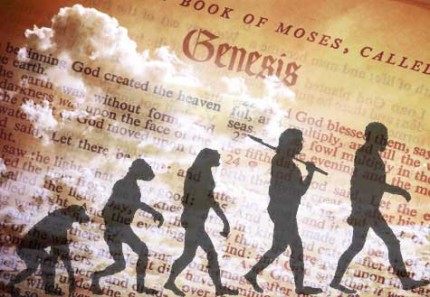Kerby Anderson
How can we resolve the apparent tension between the scientific presentation of evolution and the Bible? Christians attempt to reconcile the two views by saying that evolution is true, and that’s the mechanism God used. Prominent organizations such as Biologos insist that theistic evolution (sometimes called evolutionary creation) is a superior view because of the evidence for evolutionary theory.
Authors of a new book challenge that assumption based on their scientific understanding and their theological concerns. The book, Theistic Evolution: A Scientific, Philosophical, and Theological Critique, is edited by scientists like Stephen C. Meyer, philosophers like J. P. Moreland, and theologians like Wayne Grudem.
Stephen Meyer was on my radio program to talk about his articles and contributions by other scientists. He said that he feels that many pastors and theologians believe they are under an obligation to accept an evolutionary worldview. Then they feel they have to interpret Scripture through that evolutionary hermeneutic. But the contributors to this book argue that is hardly necessary given the current status of the evolutionary model.
Meyer believes there is a very large disparity between the public presentation of the evolutionary theory by science popularizers and textbook writers and the actual status of the theory as you find it in the peer-reviewed literature. In fact, some leaders in the field are calling for a new theory of evolution and for a new mechanism for evolutionary change.
The book not only raises scientific questions about evolution but also deals with the philosophical and theological questions that arise once you adopt a view of theistic evolution. Where does the fall and human sinfulness fit into an evolutionary narrative? Is Adam a mythological figure or an historical figure? These are important questions raised in this new book that will challenge you to consider what you believe about origins.
 Listen Online
Listen Online Watch Online
Watch Online Find a Station in Your Area
Find a Station in Your Area










 Listen Now
Listen Now Watch Online
Watch Online
